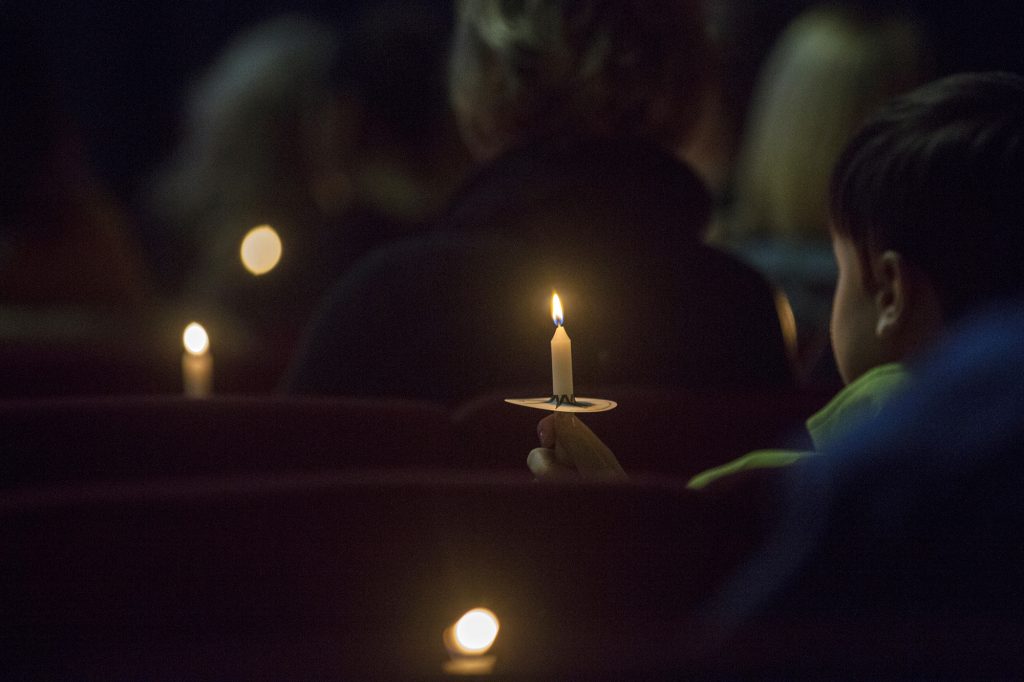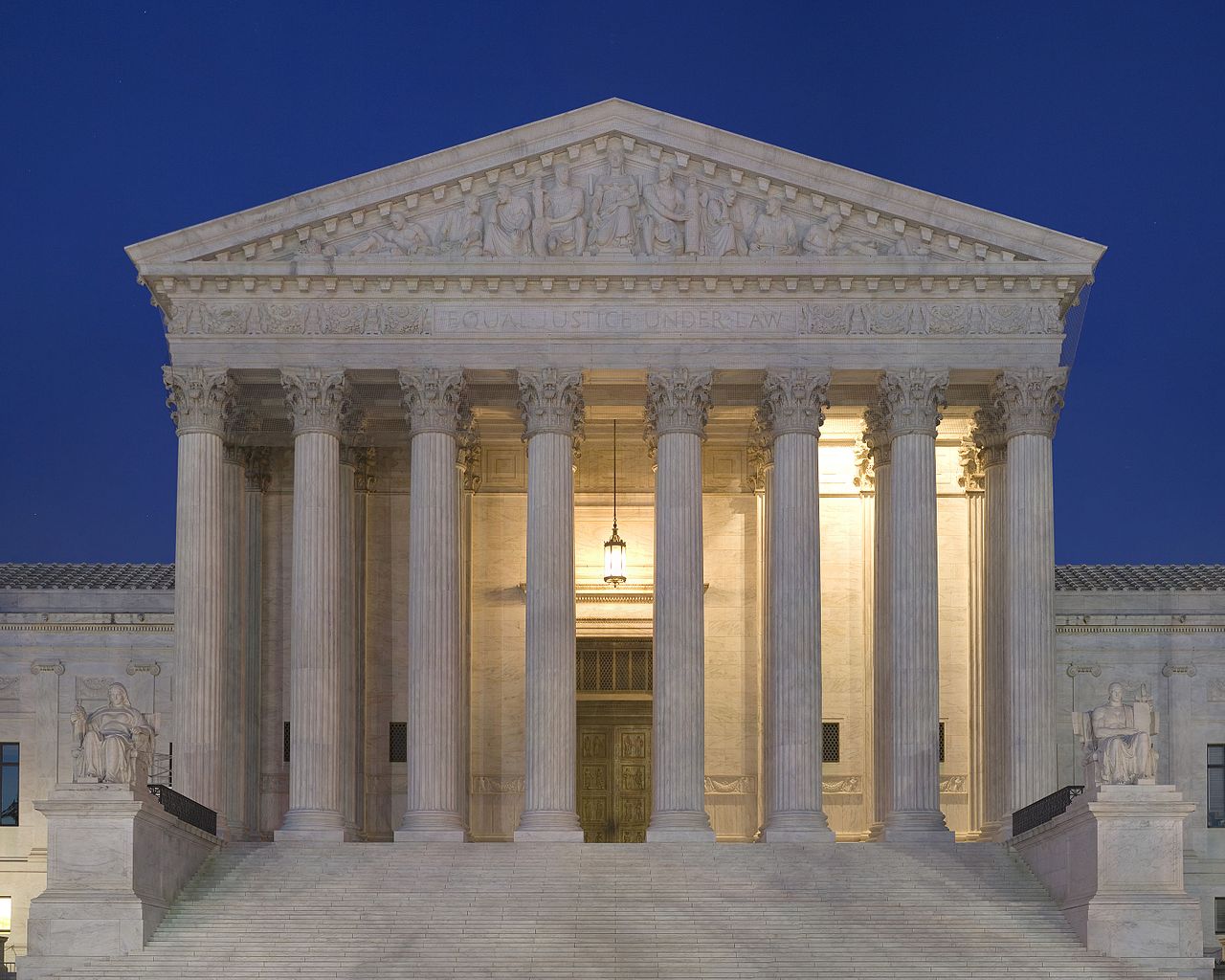New Study Shows That Religious People Live Longer Than Nonreligious People
According to a recent study from Ohio State University published in Social Psychological and Personality Science, people with religious beliefs or faith live four years longer than those with little to no faith or religion.
The study was authored by Ohio State University doctoral student, Laura Wallace, and Dr. Baldwin Way, associate professor, and social faculty member at the university’s department of psychology. The study was based on an analysis of more than 1,000 obituaries nationwide after taken into consideration the sex and marital statuses of those who are deceased, which often impact one’s individual lifespan. The study indicates that those who volunteer more and become active in religious, spiritual, or faith groups tend to live longer than others who are the least religious or non-religious. The effect of religion or faith on longevity may also depend on an individual’s personality and the religiosity or religious make of the individual’s geography, including those residing in growing urban areas.
While religion, spirituality or faith may become one of the most interesting as well as impacting factors for longevity increases, other internal or external factors may still determine the outcome of lifespans such as genetics, personal physical or mental health, man-made accidents, natural disasters, and the environment. In fact, countries with the least religious populations, such as Japan, Sweden, Hong Kong, and Denmark, have higher life expectancies and increases in social progress compared to that of other religious countries such as the U.S.
In the U.S., non-Christian faiths, especially Hinduism and Islam, are growing faster than Christianity, including Protestantism and Catholicism. Unaffiliated or non-religious beliefs, including atheists and agnostics, are also one the fastest growing groups.




